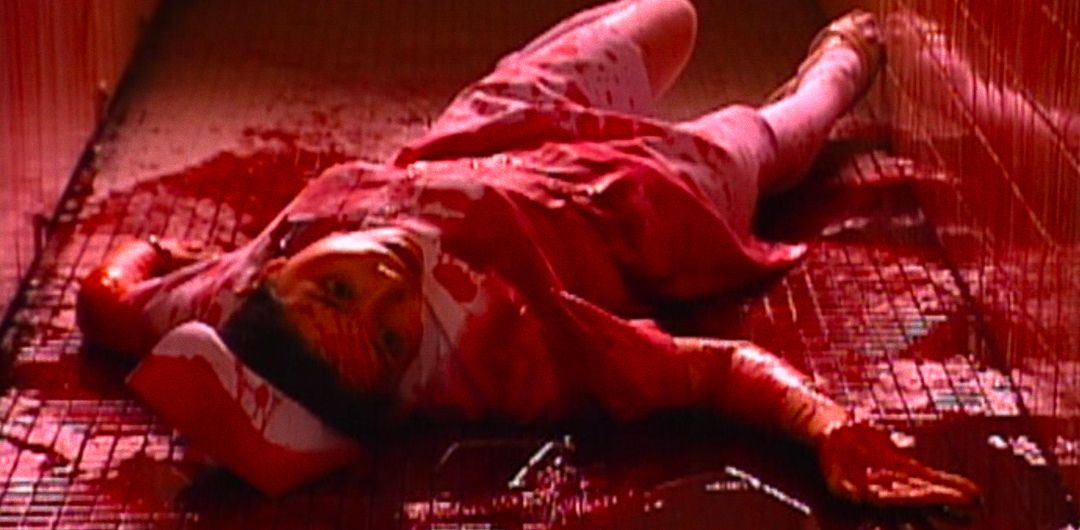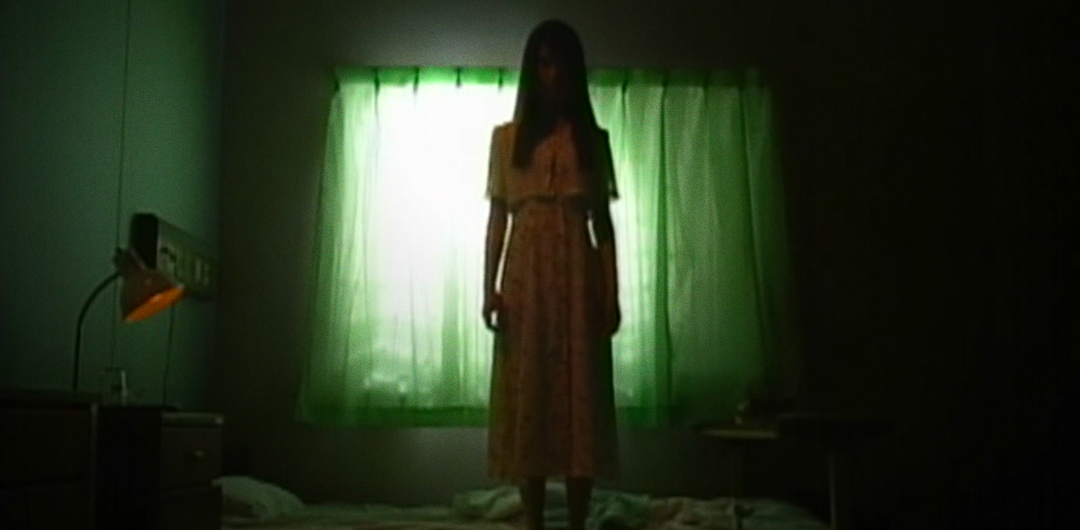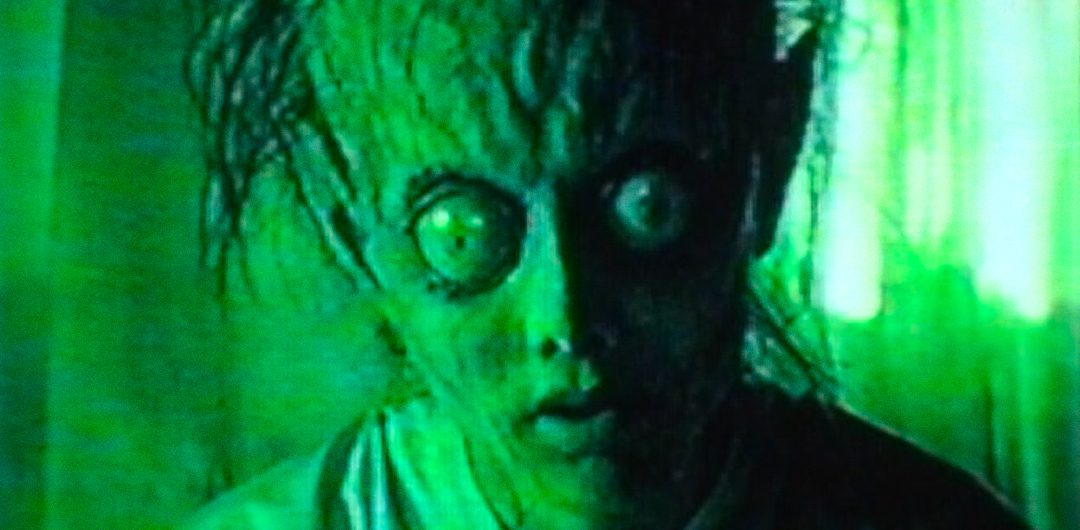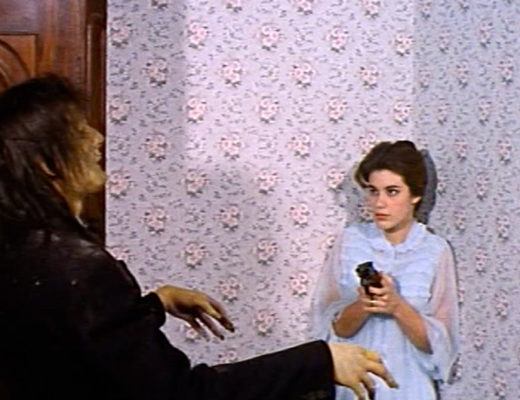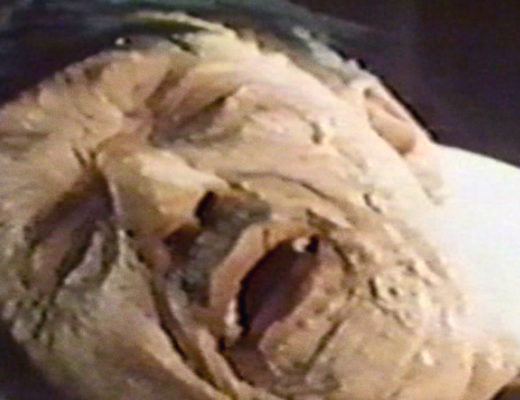Would you like to be immortal? Live forever, do whatever? What if I told you that you achieve immortality each and every night? When you dream, you are immortal. You can do anything your heart desires. There are no consequences and nothing can harm you. You can fly, be invisible, teleport, commune with aliens, slay monsters, or get eaten by demons. But let’s face it: most of your dreams are lame. You arrive at work late, you blow a presentation, your car doesn’t start. I actually don’t remember my dreams at all, which is good because I don’t want to spend my immortal life standing on a cliff about to fall off or accidentally getting pregnant or losing all my teeth suddenly.
Dr. Kuroda is treating a patient in a mental hospital. Poor Mukoda has been complaining about his dreams which are getting progressively longer and longer. They feel like they last days, weeks, months. He has one that lasts for ten years. Over time his body withers away, his face darkens, his hair falls out. Eventually he turns into a demon-like being with a veiny, bulging cranium topped with wisps of hair. He has bugged out eyes the size of tennis balls and he has no eyelids, which means sleeping is a challenge. Nevertheless, his dreams are lasting an eternity. He is immortal. Until he isn’t. Soon the sickness and terror of long dreams spread and Dr. Kuroda has visions of his dead girlfriend who is entirely way too young for him, but when you’re immortal you can do whatever you want.
Based on the manga by Junji Ito, Long Dream is a made-for-TV Japanese movie that has elements of gothic horror. There’s melodrama, long lost loves, and slow, plaintive turns toward the camera. There are flashbacks to old flames and a girl on the brink of a mental breakdown. There are long deserted hallways and dim lighting that casts a green glow. The movie includes grainy, bleary footage from security cameras and patient interviews, and long-fingered shapes loom in corners. But unlike a run-of-the-mill gothic horror, there’s gore and gruesome make-up effects and a smattering of Y2K special effects which we will forgive.
Like a long dream, Long Dream takes its time. There’s plenty of dialogue and long-winded, slightly numbing descriptions of people’s dreams. Director Higuchinsky breaks the cardinal rule of storytelling: show, don’t tell. We hear a patient drone on about wading through a jungle, taking an exam, and searching for a restroom for eight years, which is a legitimate nightmare. These are things that would be better shown, but we will forgive.
In the end, if there’s one lesson to take from this movie it is this: Follow your dreams.
